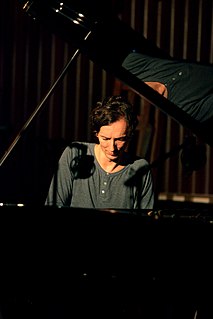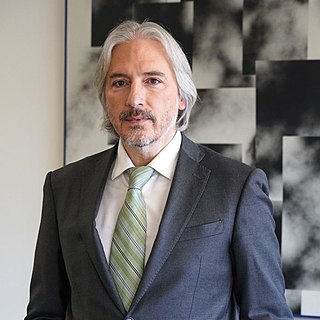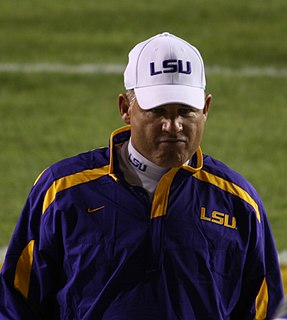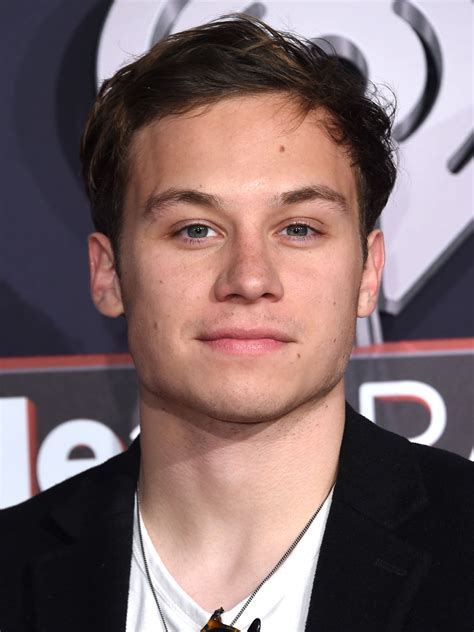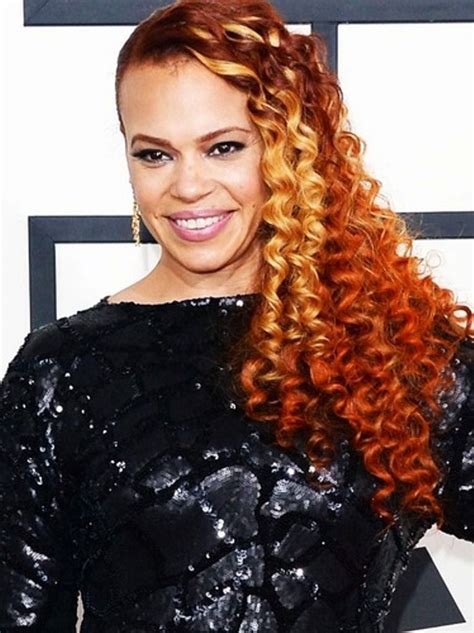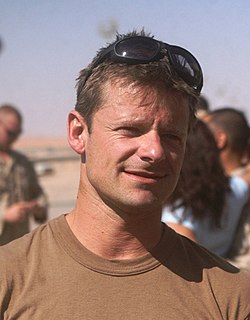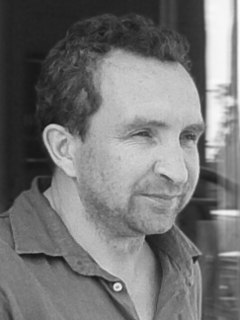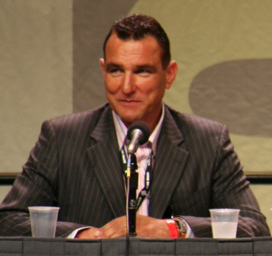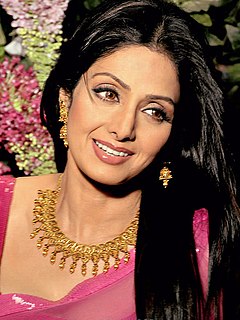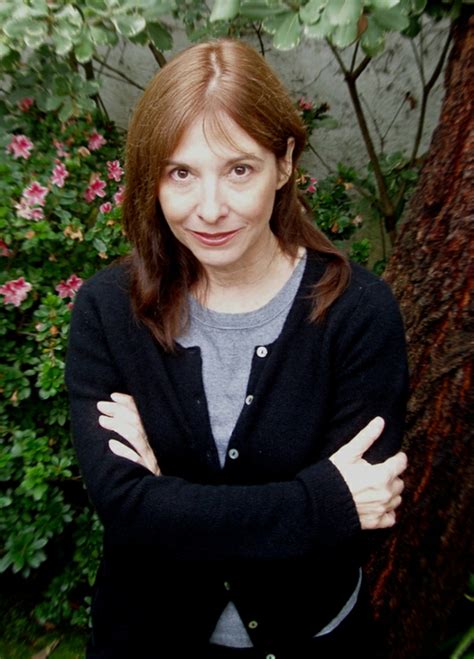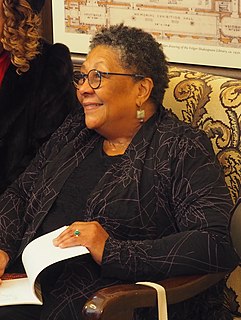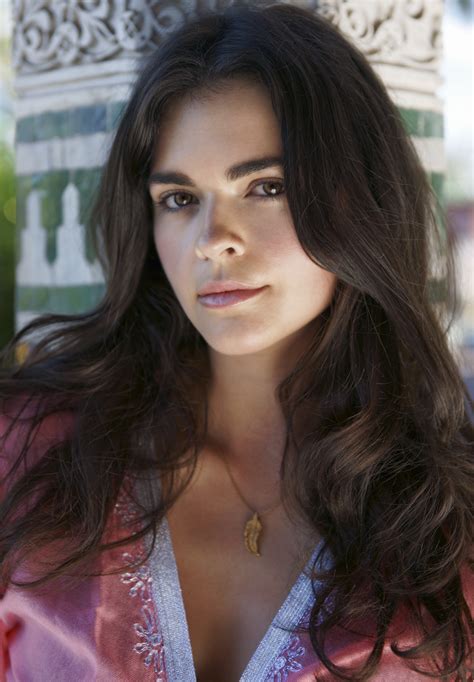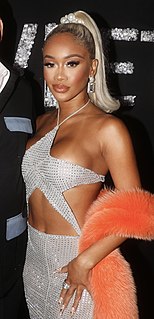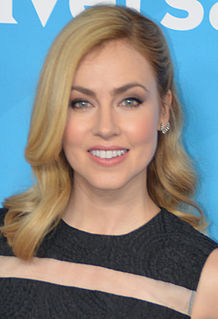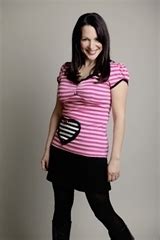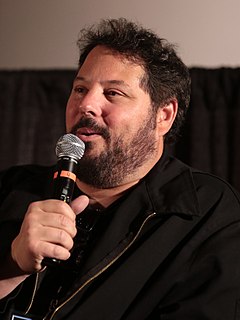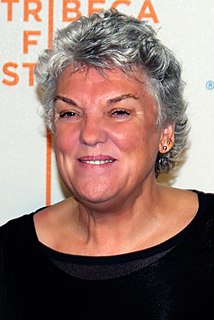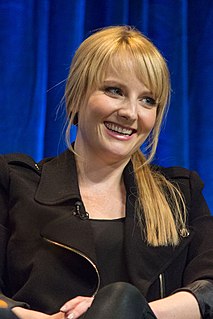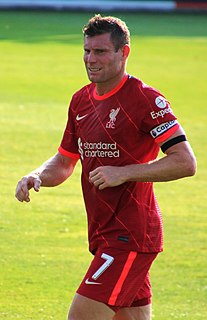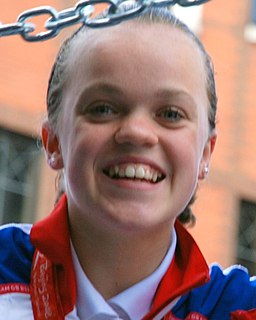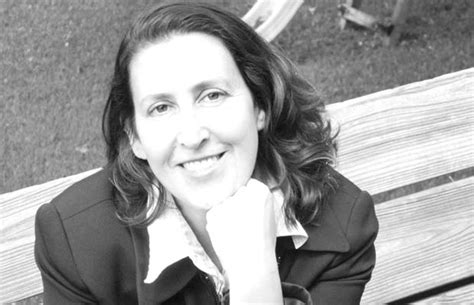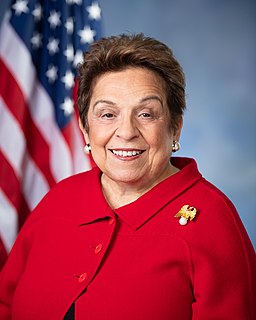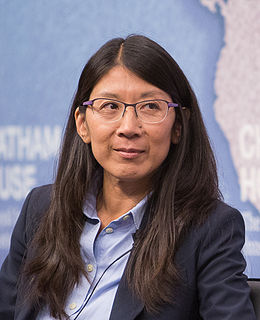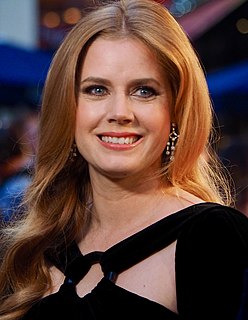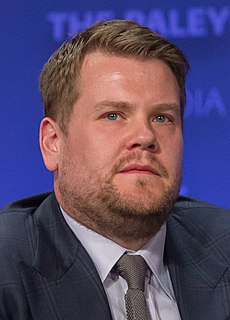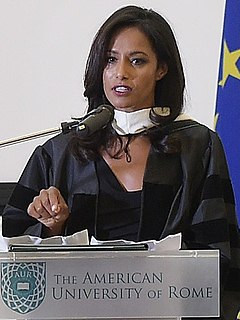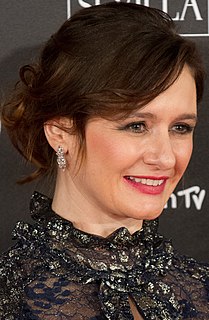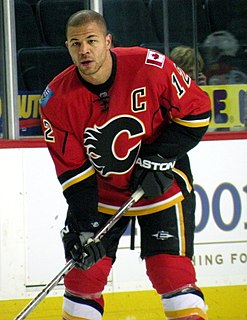Top 1200 After-School Quotes & Sayings - Page 14
Explore popular After-School quotes.
Last updated on December 20, 2024.
As a child, I walked with my friends to Rosa Parks Elementary and then to Ben Franklin Middle School. I rode Muni to Galileo High School. And thanks to amazing teachers who believed in me and supported me along the way, I was able to matriculate to another public school: the University of California at Davis.
My brother was a year younger than I am and he was never in the home with me hardly at all, ... My mom had to take him to every school there possibly was to get him some education. He ended up first in Columbus, Ohio, for grade school, then went to a high school for the deaf and Galludet in Washington.
I was in high school, and I was the guy that always got cast in the school play. Theater is huge in high school in Minnesota, and I knew that I was very good at that, and gifted, and I was 'the guy,' but it still wasn't something I ever thought of as 'a job' or something that one could do professionally.
I went to public school, and I didn't do well in school. And it wasn't until, actually, I got into school at Juilliard - it was the first time in my life that I thought, 'Oh, maybe I'm not stupid,' because I was so inspired and passionate about what I was learning, and it was the first time in my life I had felt that.
As a former high school teacher and a student in a class of 60 urchins at St. Brigid's grammar school, I know that education is all about discipline and motivation. Disadvantaged students need extra attention, a stable school environment, and enough teacher creativity to stimulate their imaginations. Those things are not expensive.
My parents were educated in the Turkish system and went straight from high school to medical school; my mom, who had skipped a grade, was dissecting corpses at age seventeen. Growing up in America, I think I envied my parents' education. By comparison, everything I did in school seemed so sort of low-stakes and infantilizing.
I was 16 when my father died, and I had a choice to come back and live in his house or I'd stay at the school. But I felt if my father wanted me to go to that school when I was 5, there must have been a reason - and I understood that reason when I was a teenager, because that school became the only place where I was safe.
[Lennie meets Joe - he works out that she was named after John Lennon] I nod. "Mom was a hippie." This is northern Northern California after all - the final frontier of freakerdom. Just in the eleventh grade we have a girl named Electricity, a guy named Magic Bus, and countless flowers: Tulip, Begonia, and Poppy - all parent-given-on-the-birth-certificate names. Tulip is a two-ton bruiser of a guy who would be the star of out football team if we were the kind of school that has optional morning meditation in the gym
If you're afraid to talk to the other adults in your school it is definitely throughout history the hallmark of a failing school. When I was writing about the teachers' strike in New York City in 1968, the middle school where events triggered that strike was a place where teachers were known to hide in their classrooms.
